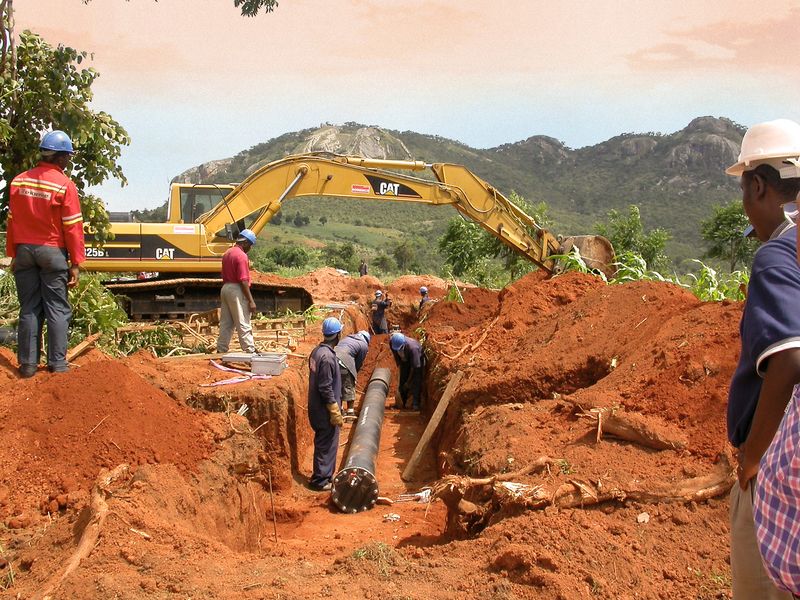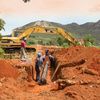Tanzania:Clustering Study and Capacity Building Services
Disciplines
-
Environment & Sustainability
-
Sanitation
-
Water Supply
Companies
Dorsch International Consultants
Client
Ministry of Water and Irrigation
Duration
From 2008 to 2011Project Activities
- Definition of suitable and acceptable criteria for clustering
- Agreement on cluster criteria with stakeholders
- Application of criteria for selecting utilities for inclusion into clusters to ensure commercial viability
- Proposal for clustering arrangements and indication viability
- Agreement on clustering with stakeholders
- Identification of two priority clusters
- Awareness campaigns
- Support of the establishment of priority WSSAs (human resource development, legal and accounting services)
- Preparation of and agreement on transition plans.
- Preparation of and agreement on business plans
- Asset and technical management
- Capacity Building
Contact
Dorsch International Consultants GmbH
München (Headquarters)
80687 München
Germany
Phone: +49 89 5797-0
Fax: +49 89 5797-800
E-Mail: info@dorsch.de
Description
Objectives
The overall aim of the project was to identify and agree on appropriate clustering options in the cities and towns, identify priority clusters of towns where implementation of the new institutional framework approach could be undertaken on a pilot basis and support the establishment of priority Water Supply and Sewerage Authorities (WSSAs) as a model for the country.
Project Measures
The WSSAs should established based on sound business plans setting out the service level to be achieved, which will be linked to the MDG and poverty targets of the Government. The establishment was planned in accordance with license and performance conditions issued by the Energy and Water Utilities Regulatory Authority (EWURA) and the performance of the WSSAs was monitored by EWURA as part of the regulatory process.
The first project phase covered all existing Urban Water Supply and Sewerage Authorities (UWSAs), the 98 gazetted Town Water Boards, a further eight towns not yet gazetted as Towns Water Boards and the six national water schemes.
During the course of the project, the approach to clustering taken by the Ministry of Water and Irrigation (MoWI) changed from dissolving all WSSAs involved and establishing one new Authority towards adding township utilities to the existing UWSA by extending its area of jurisdiction.
The second project phase comprised the institutional strengthening of the two cluster utilities in Tanga and Morogoro in view of the organisation structure, human resources, strategic and business planning and technical management.

